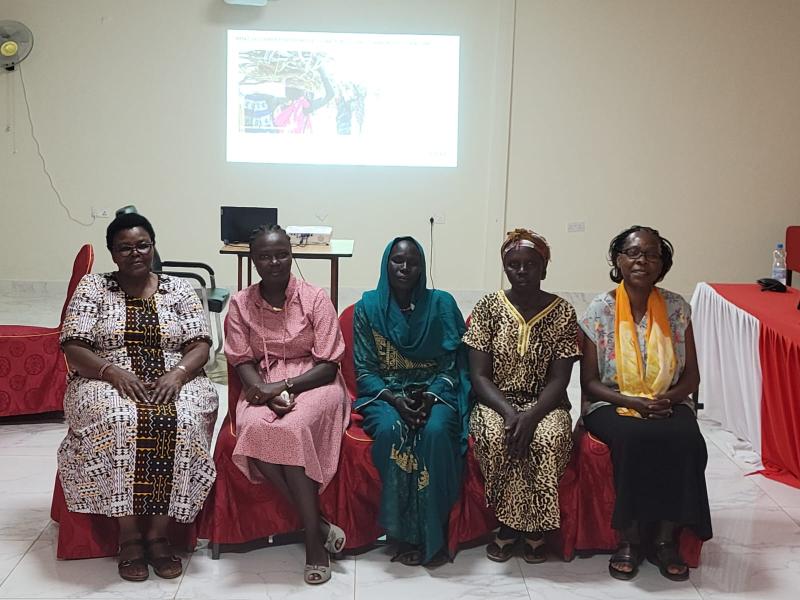Fragility situations and their implications on economic empowerment of women in Bor, Jonglei, South Sudan
This paper examines the implications of years of protracted conflict, bad governance, poverty and patriarchy on efforts at women’s empowerment and sets out actions that can support women’s resilience.
Globally fragile situations have become a cause and consequence of women’s disempowerment. In Africa, protracted conflicts, disregard for the rule of law and increased poverty levels have been experienced in countries whose fragility levels are high.
In Somalia, South Sudan and Sudan efforts at women’s empowerment have been minimal as governments are more focused on clientelism and/or self-aggrandisement. In Bor, South Sudan, where levels of fragility are high, the focus has largely been on the provision of basic services as opposed to women’s empowerment. Even where this exists, low literacy levels, patriarchy and cultural inhibitions against the inclusion of women and girls remain conspicuous.
This paper examines the implications of years of protracted conflicts, bad governance, poverty and patriarchy on efforts at women’s empowerment. The study is based on data collected by researchers from Kenyatta University, Catholic University of South Sudan and John Garang University under the umbrella of SPARC in the period 2022 to 2024 in Bor, Jonglei State, South Sudan.
Analysis was done by using both qualitative and quantitative methods. The findings established that fragility situations affect the levels of participation and protection of women, boys and girls in empowerment efforts. To address challenges related to increased levels of fragility, governments, development partners and local communities need to synergise their efforts to avoid duplication and neglect of some regions. Urgent cessation of hostilities among warring government factions must be prioritised.
Read the article here.
Citation: Susan Waiyego Mwangi & Pacificah Florence Okemwa (2025) "Fragility Situations and Their Implications on Economic Empowerment of Women in Bor, Jonglei; South Sudan,", International Journal of Research and Innovation in Social Science (IJRISS), vol. 9(4), pages 349-361, DOI: https://dx.doi.org/10.47772/IJRISS.2025.90400028
